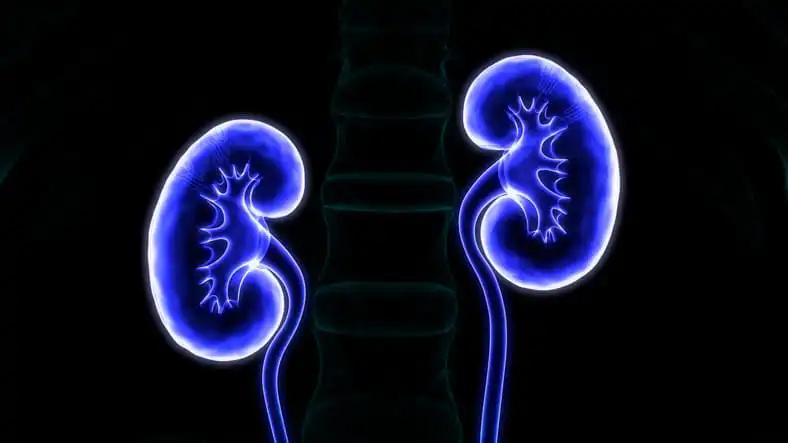KEY TAKEAWAYS
- Phase 3 COXEN – S1314 trial aims to evaluate the potential of cfDNA methylation to predict treatment response in MIBC patients receiving neoadjuvant chemotherapy.
- The primary aim of this study is to develop an (mR-score) using pre-chemotherapy plasma cfDNA to predict pathologic response.
- The mR-score, calculated using cfDNA, showed a predictive ability for pathologic response that remained similar even when calculated using plasma samples collected after the first cycle of neoadjuvant chemotherapy.
- The circulating bladder DNA fraction, calculated using cfDNA methylation data, also had a modest but independent predictive ability for treatment response.
- When the mR-score and circulating bladder DNA fraction were combined, pathologic response outcomes were successfully predicted in 79% of patients based on their plasma collected before and after 1 cycle of chemotherapy.
Patients with muscle-invasive bladder cancer (MIBC) are typically treated with neoadjuvant chemotherapy. However, there is no reliable biomarker to identify which patients will reap the most significant benefits from the treatment, which is arduous. This study aims to correlate methylation signatures with pathologic response by characterizing cfDNA methylation in patients undergoing neoadjuvant chemotherapy in the SWOG S1314 trial.
Before and during their routine neoadjuvant treatment, 73 patients had blood samples taken prospectively. The pathologic reaction to radical cystectomy was recorded. The methylation status of plasma cfDNA was analyzed with an Infinium MethylationEPIC BeadChip array. A Random Forest model was used to create a classifier predictive of treatment response by comparing the differential methylation of pathologic responders (≤pT1N0M0) and non-responders.
Researchers created a methylation-based response score (mR-score) using pre-chemotherapy plasma cfDNA that can accurately predict pathologic response. A similar predictive ability for the mR-score was seen using plasma samples collected after the first cycle of neoadjuvant chemotherapy. They also determined the circulating bladder DNA fraction using cfDNA methylation data, which showed some, albeit not substantial, independent predictive ability for treatment response. Pathologic response outcomes were predicted from pre- and post-chemotherapy plasma samples in 79% of patients using a combination of the mR-score and the circulating bladder DNA fraction. Using cfDNA methylation as a predictor of treatment response in bladder cancer patients undergoing neoadjuvant chemotherapy is an intriguing possibility, and the study provides proof of concept for this.
Source:https://meetings.asco.org/abstracts-presentations/209215
Clinical Trial:https://clinicaltrials.gov/ct2/show/NCT02177695
Yi-Tsung Lu, Melissa Plets, Gareth Morrison, Alexander T. Cunha, Steven Y. Cen, Suhn K. Rhie, Kimberly Siegmund, Siamak Daneshmand, David I. Quinn, Joshua J Meeks, Seth P. Lerner, Daniel P. Petrylak, David James McConkey, Thomas W. Flaig, Ian M Thompson, Amir Goldkorn/Cell-free DNA methylation as a predictive biomarker of response to neoadjuvant chemotherapy for patients with muscle-invasive bladder cancer in SWOG S1314/J Clin Oncol 40, 2022 (suppl 16; abstr 4506)DOI10.1200/JCO.2022.40.16_suppl.4506



